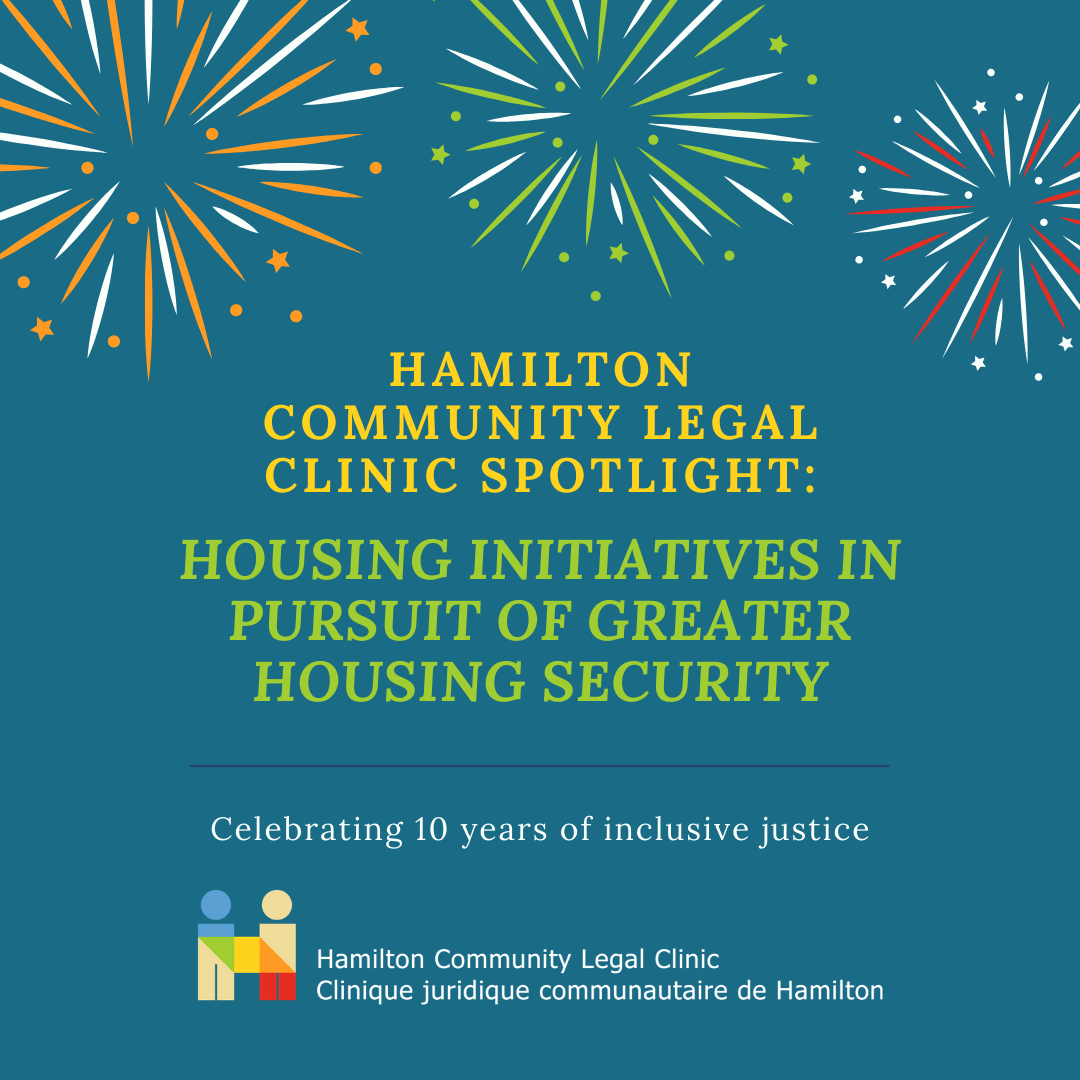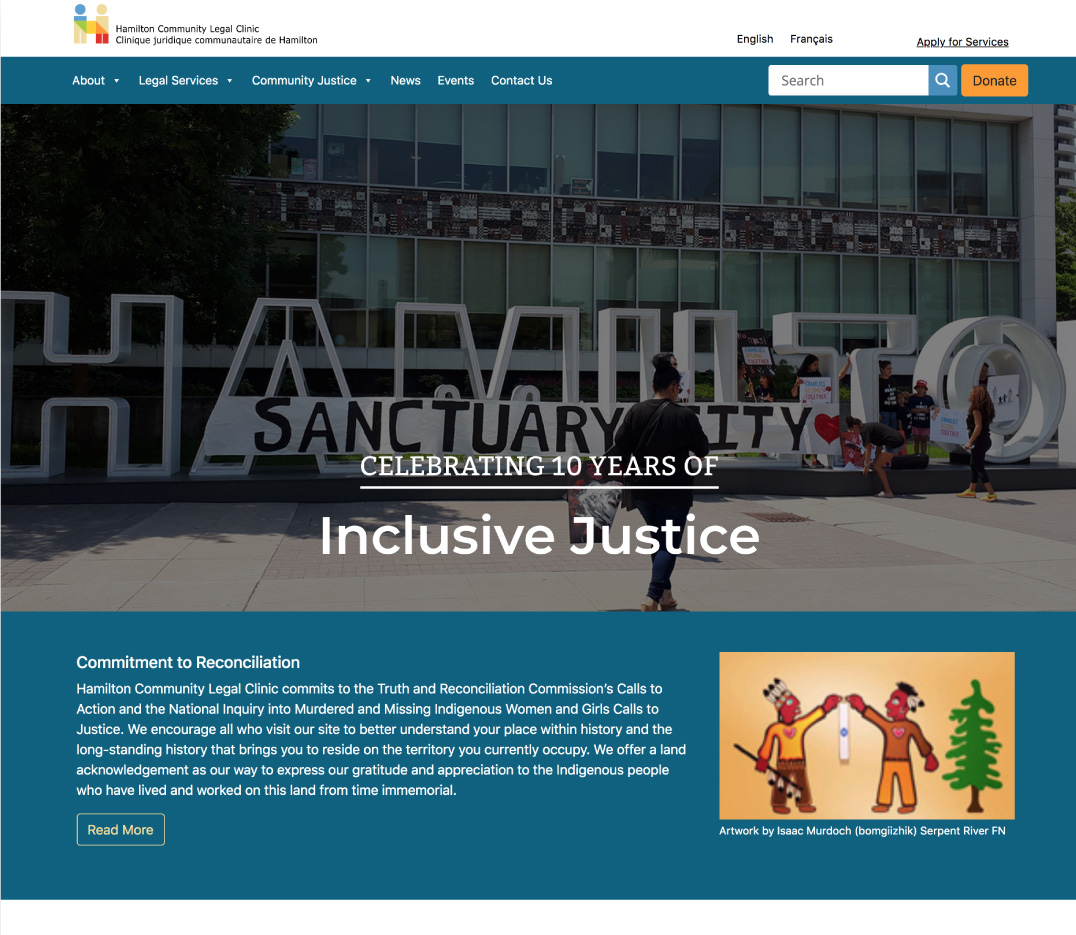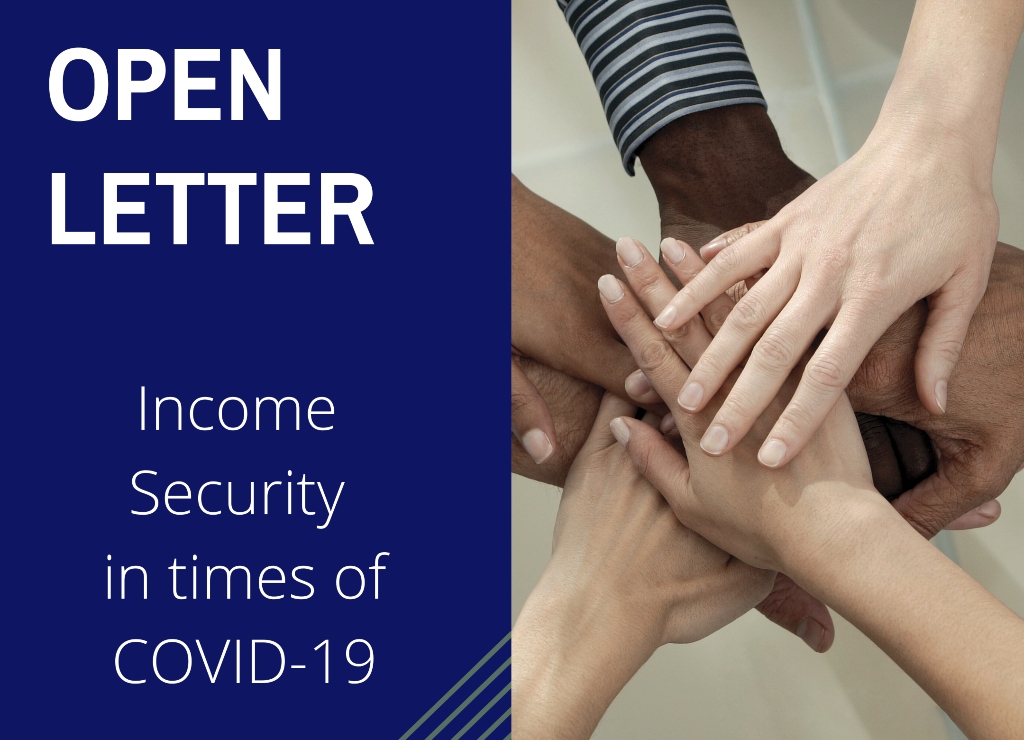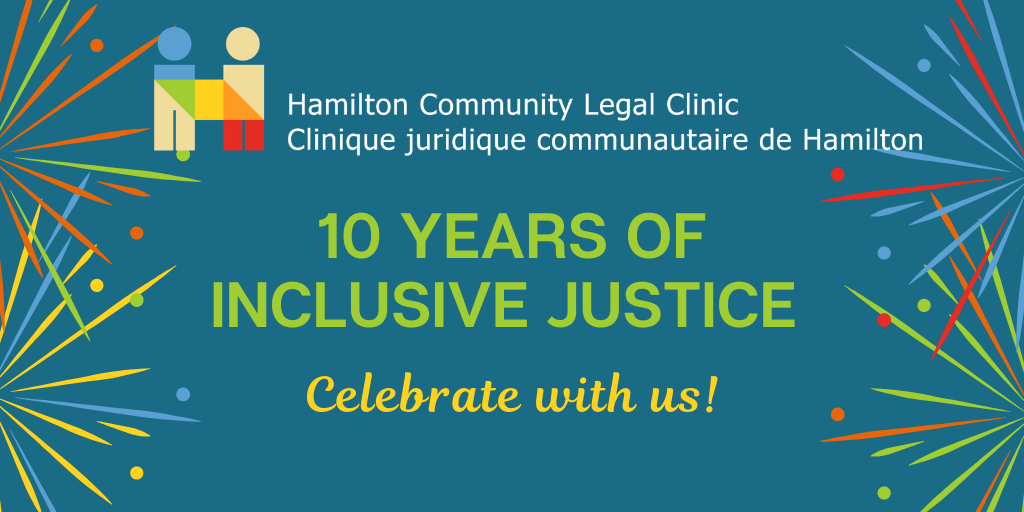
We stand in solidarity with Shaar Hashomayim and members of the Jewish community in denouncing the vile anti-Semitic vandalism against a place of worship.
No Hate in the Hammer, the Hamilton Ontario coalition of individuals and organizations working together to make Hamilton a truly inclusive city where everyone is free from all forms of hate , learned with shock and sadness of the hateful anti-Semitic vandalism and attempted arson at Congregation Shaar Hashomayim, one of Montréal’s largest synagogues. Four giant swastikas were spray-painted on the entrance doors of the synagogue by a man who was also carrying a large gasoline canister. The desecration of a place of worship with an abhorrent symbol of hate must be condemned.
We stand in solidarity with our Jewish brothers and sisters in Montréal, Hamilton and elsewhere, and unequivocally condemn this despicable act of hatred. We are strongly committed to a Canada which is safe and welcoming to all. There is no place in our society for hate based on religion or ethnicity.
Sadly, we remember that Hamilton synagogues, too, as well as houses of worship of other religions, have suffered similar acts of desecration in the past few years. We are pained when we think how members of those synagogues who now call Canada home might come there to pray, only to see the same symbols that in their youth were worn by those who brutally murdered their loved ones. This must stop.
One of the founding board members of No Hate in the Hammer, Rabbi Hillel Lavery-Yisraëli, noted the irony in painting swastikas on the doors of the Shaar Hashomayim synagogue. “In Hebrew, ‘Shaar Hashomayim’ means ‘the gate of Heaven.’ There is much that we don’t know about what awaits us in the afterlife, but I think we all know that any Heaven worth going to does not have a white-supremacist entrance policy.”
Eli Wiesel, Holocaust survivor and Nobel laureate said: “I swore never to be silent whenever and wherever human beings endure suffering and humiliation. We must take sides. Neutrality helps the oppressor, never the victim. Silence encourages the tormentor, never the tormented.”
We call upon our leaders and friends and ask that we all do everything we can to root out hate from our midst, once and for all. We cannot afford to remain silent.
In sadness, solidarity, and hope,
No Hate in the Hammer.

We are in the midst of the worst affordable housing crisis in the country’s history. Wages and social assistance rates are too low. Rent is too high. Here in Hamilton this pressure was becoming unbearable: 45% of Hamilton tenants were spending more than 30% of their income on rent, and 20% were spending more than 50%. In 2018, Hamilton saw the highest one-year average rent increase in all of Canada, at 24%.
The combination of a lack of rent control, increased profitability of the market and municipal “revitalization” policies has led to gentrification causing mass displacement of tenants; forcing thousands of people in Hamilton, living in precarity, to survive through the toughest times, and make every last dollar stretch for them and their families.
Landlords want to push long-term tenants out of the buildings so they can raise rents. HCLC supports apartment tenants to organize building committees which take up the concerns of all residents. Through the [Dis]placement Project and Tools for Tenants initiatives, HCLC provide(s)(d) training on housing law to tenants, tenant associations, community leaders, emerging community leaders, and service providers. These initiatives are partnerships between legal and community organizations designed to improve the capacity of frontline workers so they can provide basic legal information and referrals to their clients and to empower tenants to self-advocate thereby increasing access to justice and grassroots mobilization in response to the need for greater housing security.
HCLC zealously responds to the roots of systemic displacement by routinely advocating for policy reform at the municipal level. We successfully advocated for changes to some of the City of Hamilton’s development grant programs that unintentionally encouraged landlords to displace longstanding tenants. Additionally our advocacy resulted in the creation of the Tenant Defence Fund Pilot Project, a fund that tenants can access to cover the cost of hiring legal counsel to defend against applications for Above Guideline Rent Increases.
Unfortunately tenants have also been threatened by unlawful evictions by Hamilton Police Services (HPS), a service that does not have the authority to evict tenants protected by the Residential Tenancies Act. HCLC successfully represented two tenants in their claim of negligence causing damage for their unlawful eviction by HPS. Their settlements included financial compensation for their personal damages and require the HPS to amend their operational manual to better reflect housing law, reinforcing that they do not have the authority to evict tenants covered by the Residential Tenancies Act.

We are excited to welcome you to our new HCLC website. This is an important part of our 10th Anniversary celebrations. We want you to better understand our values, our work, and how to access our services. We also want to constantly improve our services and communications.
Our mission is to advocate for social change. We do this by providing legal advice and representation to individuals. We also do it through systemic activities in collaboration with community—public legal education, community organizing, and law reform. We want to work with you to improve the quality of life for all.
We approach everything we do using an Anti-Racism Anti-Oppression framework. We are committed to advocating for structural change at all levels of society to end inequities, power imbalances, and entrenched dominance.
Each week for the next few months we will highlight an area of our practice or a community initiative. These brief profiles will illustrate the scope of our work and our commitment to the community.
Thank you for joining us virtually to celebrate 10 Years of Inclusive Justice. We look forward to gathering together in person as soon as it is safe.
— Board and Staff of Hamilton Community Legal Clinic

We ask that organizations including all levels of government ensure that vulnerable community members are part of the planning process to keep communities safe. It is critical that pandemic planning and the actions generated are equitable and uphold fundamental human rights. Specifically, it is essential that the City of Hamilton and the provincial government follow the principles set out in the Ontario Human Rights Commission’s “Policy Statement on a human-rights approach to managing the COVID-19 pandemic” to ensure that everyone’s human rights are protected. Without these considerations, low income, racialized, Black, and First Nations, Inuit and Métis communities and persons with disabilities will be disproportionately impacted. We also remind all officials that this is a crisis best addressed from a public health approach.
The Province continues to stress the importance of staying at home. It is imperative to recognize that not everyone has a home to go to. Individuals, especially those who are homeless, must not be penalized because of their economic circumstances. We are urging the City to immediately divert all available resources to existing efforts in securing facilities like stadiums, hotels, and dorms so that people can participate in the collective goal to slow transmission. This is the most effective and just way to flatten the curve and we call on all levels of government and private/public sector partners to come together to make it happen.

Download this letter in PDF format.
Dear Minister Smith,
We are an umbrella group of low-income Ontarians, health care providers, and other organizations. We call on you to ensure the most vulnerable members of our Province have meaningful income security during the COVID-19 pandemic.
Background
The COVID-19 pandemic has caused illness, deaths and immense economic disruption and undermined the income security of many in Ontario. While federal and provincial governments have taken positive steps to provide additional income support during the pandemic, many low-income Ontarians are still falling through the cracks. If we are to weather this storm together, we must ensure that nobody in Ontario is left behind.
We ask for the following changes that will help low-income Ontarians, whose vulnerability to ill health during this emergency has worsened. We urge you not to wait any longer. The income support to our most vulnerable population is needed now.
Raise the Social Assistance Rates
First, social assistance rates should be immediately increased. These rates are far below the poverty line, and are less than the cost of food and housing alone. In the past year, the rates were not increased to keep up with inflation and are insufficient for coping with additional needs during a pandemic.
A single person in financial need, for instance, can receive up to a total of $733 per month from Ontario Works. If that person qualifies as a person with a disability, they can receive up to $1,169 from the Ontario Disability Support Program. These rates are far below the poverty line of $1,767 per month, which contributes to food insecurity, poor health, and the current homelessness crisis – a recipe for disaster during COVID-19.
Raising the rates would also lift up many Ontarians affected by the pandemic who do not currently qualify for income support. As a result of COVID-19, many people will struggle to get by when their incomes fall dramatically to hover just above the current inadequate rates. With a rate increase, these individuals and families who may not be eligible for federal emergency benefits could become eligible for social assistance.
Although Ontario has announced the availability of additional funds for discretionary benefits, this is simply not enough. It requires social assistance recipients to individually request overworked caseworkers for an unknown and entirely discretionary amount of additional funds to cover specific expenses like cleaning supplies. It is too uncertain, hard-to-access, and limited to be of any meaningful benefit to low-income Ontarians.
Substantially raising the rates, by contrast, is a broad-reaching, transparent, and long-term solution. It is the right thing to do ensure that everyone is able to feed and clothe themselves and live with health and basic human dignity.
Exempt Federal Benefits from Clawback

On April 1st, 2010, Hamilton Community Legal Clinic began operations after amalgamating Dundurn Community Legal Services, Hamilton Mountain Legal & Community Services and McQuesten Community Legal Services. It’s hard to believe that it’s been 10 years serving Hamilton as one clinic! We achieve positive changes and strengthen our community by promoting inclusive justice for vulnerable Hamilton residents. Our services aim to reach populations that have been disproportionately ignored and mistreated by our legal system.
Today, we are proud to say we have built relationships with many of these communities to deliver services and advocate for systemic change. We have done this by working within and with these communities. Although “celebrations” aren’t appropriate or indeed possible in these difficult times, we do wish to celebrate our commitment and actions to achieve inclusive justice. We also look forward to when we can celebrate together, by breaking bread and honouring each other and our stories and will do so as soon as it is safe to gather.
We are available to help by phone 905-527-4572 and online www.hamiltonjustice.ca/contact